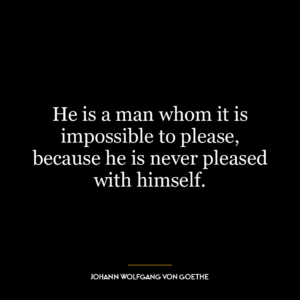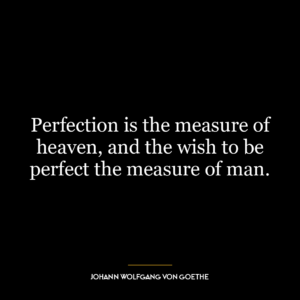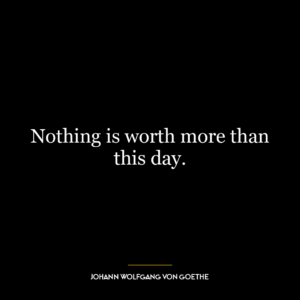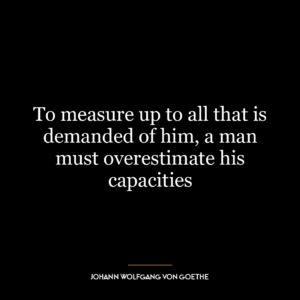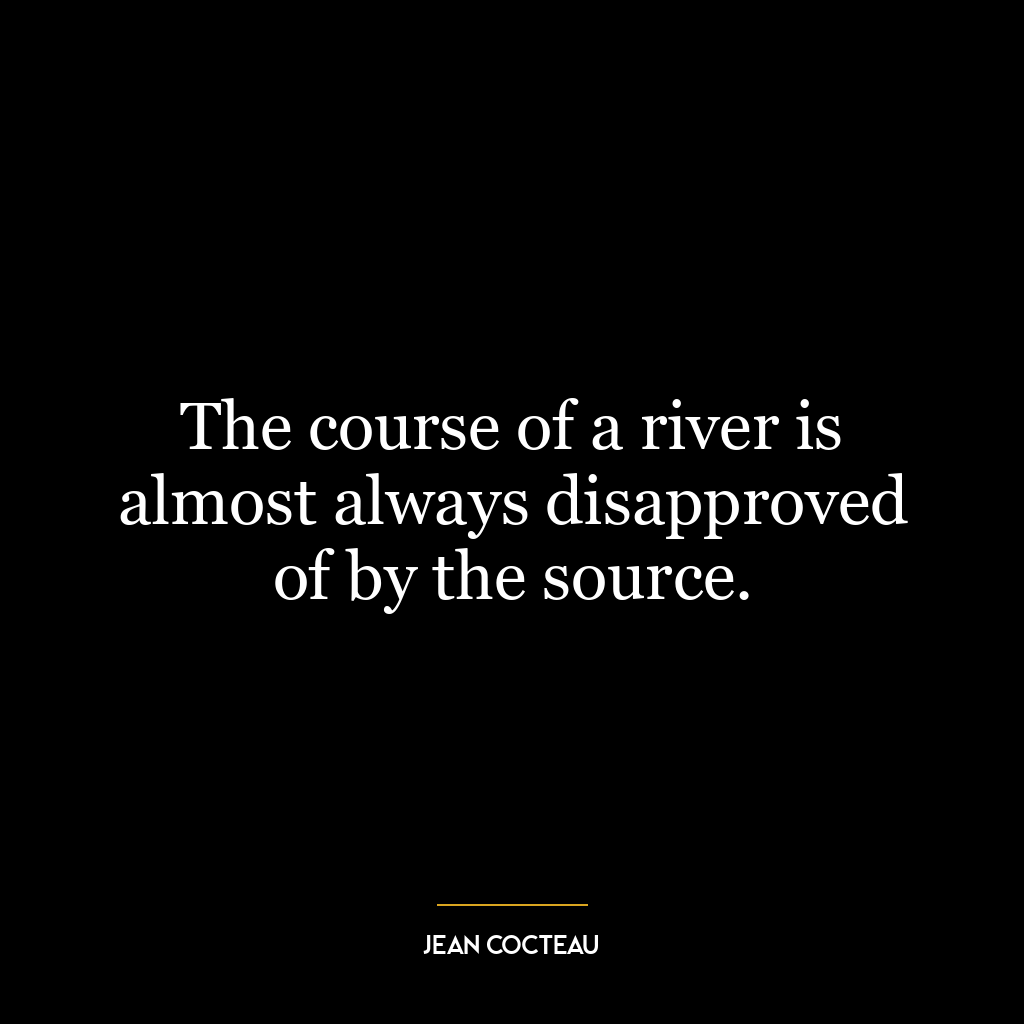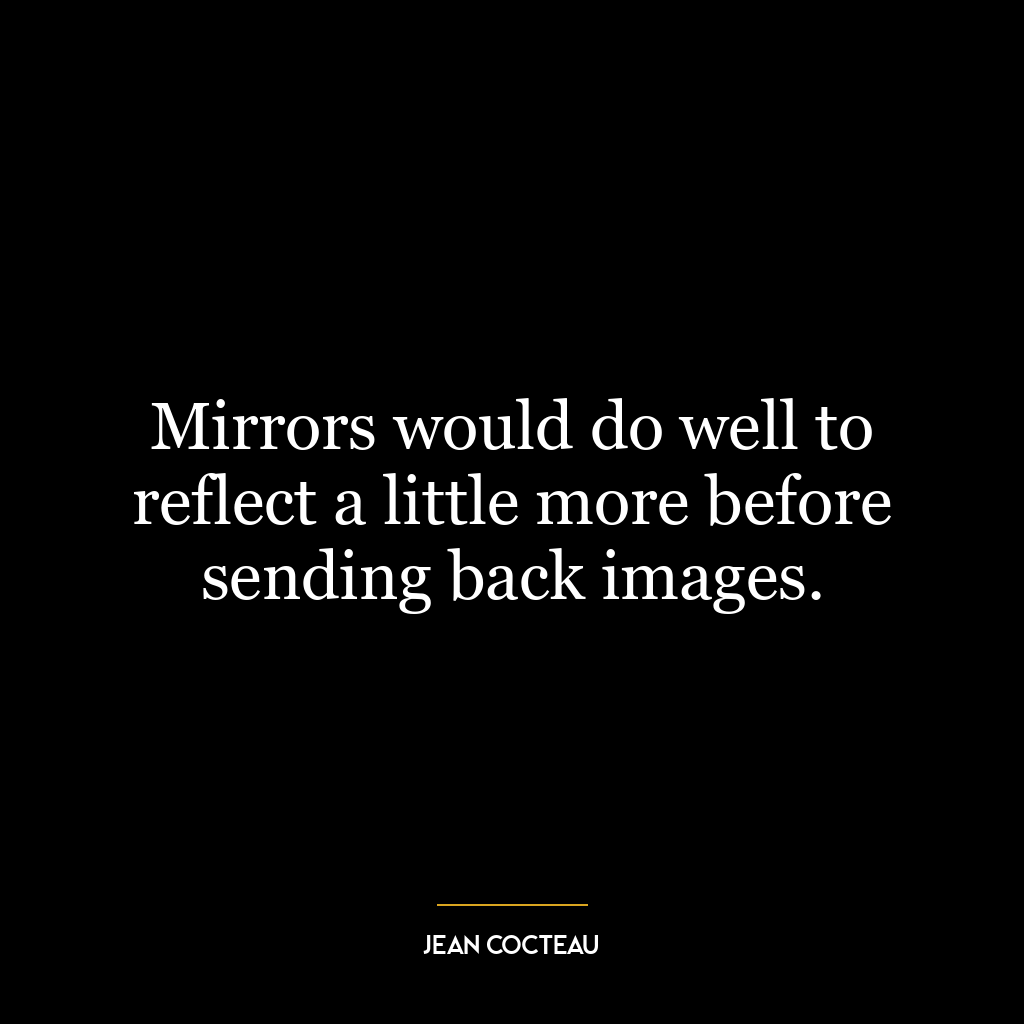“The master proves himself in recognizing his limitations” is a profound statement that emphasizes the importance of self-awareness and humility in mastering any discipline or endeavor. It suggests that true mastery is not about reaching a state of perfection or omnipotence, but about understanding one’s own boundaries, weaknesses, and areas for improvement.
In essence, this quote is about the paradox of expertise. The more one knows, the more one realizes how much they don’t know. This is because as we dive deeper into any field, we begin to grasp its complexity and vastness. In other words, true masters are those who are aware of their knowledge gaps and are humble enough to admit them. They understand that there’s always room for growth and improvement.
This idea is incredibly relevant in today’s world, especially in the context of personal development and lifelong learning. In the era of information overload, it’s easy to fall into the trap of believing that we know it all. However, this quote reminds us that true wisdom lies in acknowledging our limitations and continuously striving to overcome them.
In personal development, this could translate into understanding our weaknesses or areas we struggle with. For instance, if someone is trying to become a better public speaker, they must first recognize and accept their fear of public speaking. Only then can they take steps to overcome this fear and improve their skills.
In a professional context, this could mean acknowledging that we may not be as adept in certain areas as we thought and seeking further training or education. For example, a manager might realize they lack skills in conflict resolution and decide to take a course or seek advice on this topic.
Overall, this quote encourages us to adopt a mindset of continuous learning and growth. Instead of striving for an unattainable state of perfection, we should aim for constant improvement, always aware of our limitations and always seeking to expand our knowledge and skills.



